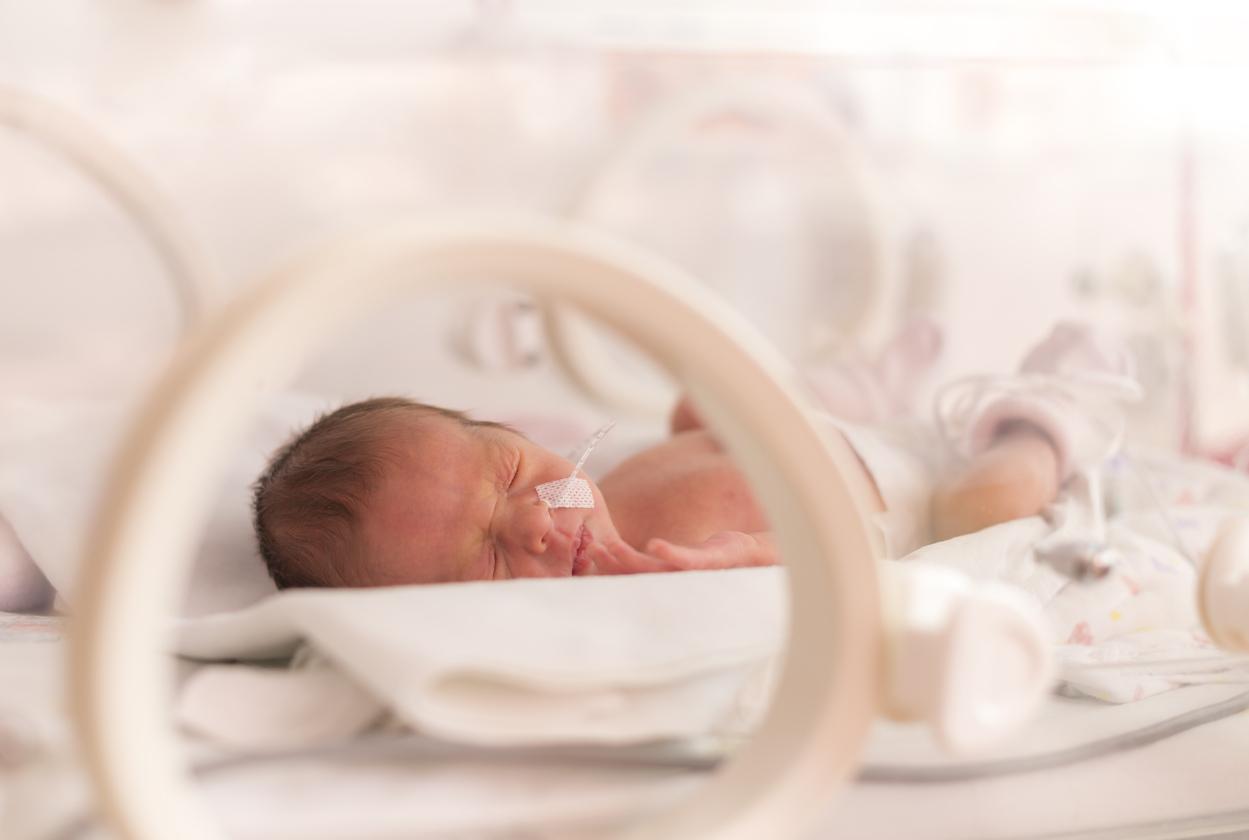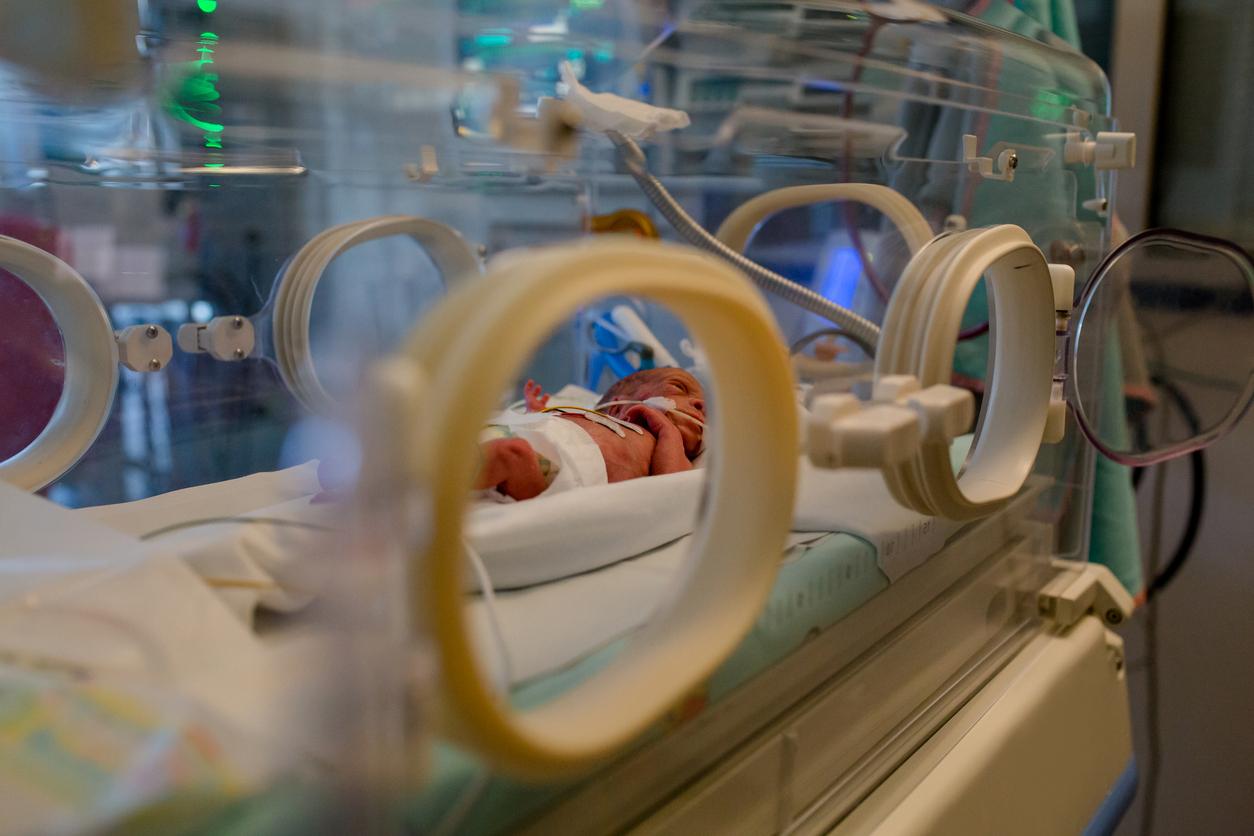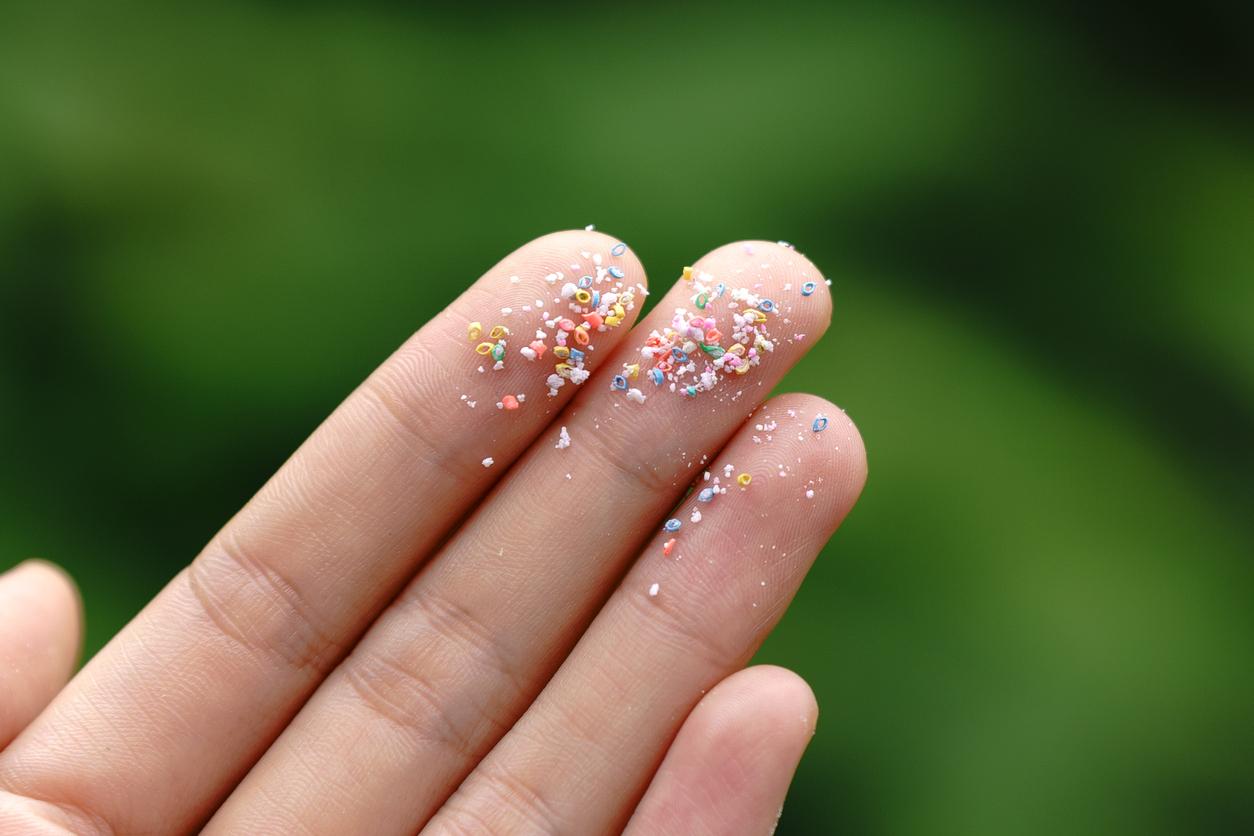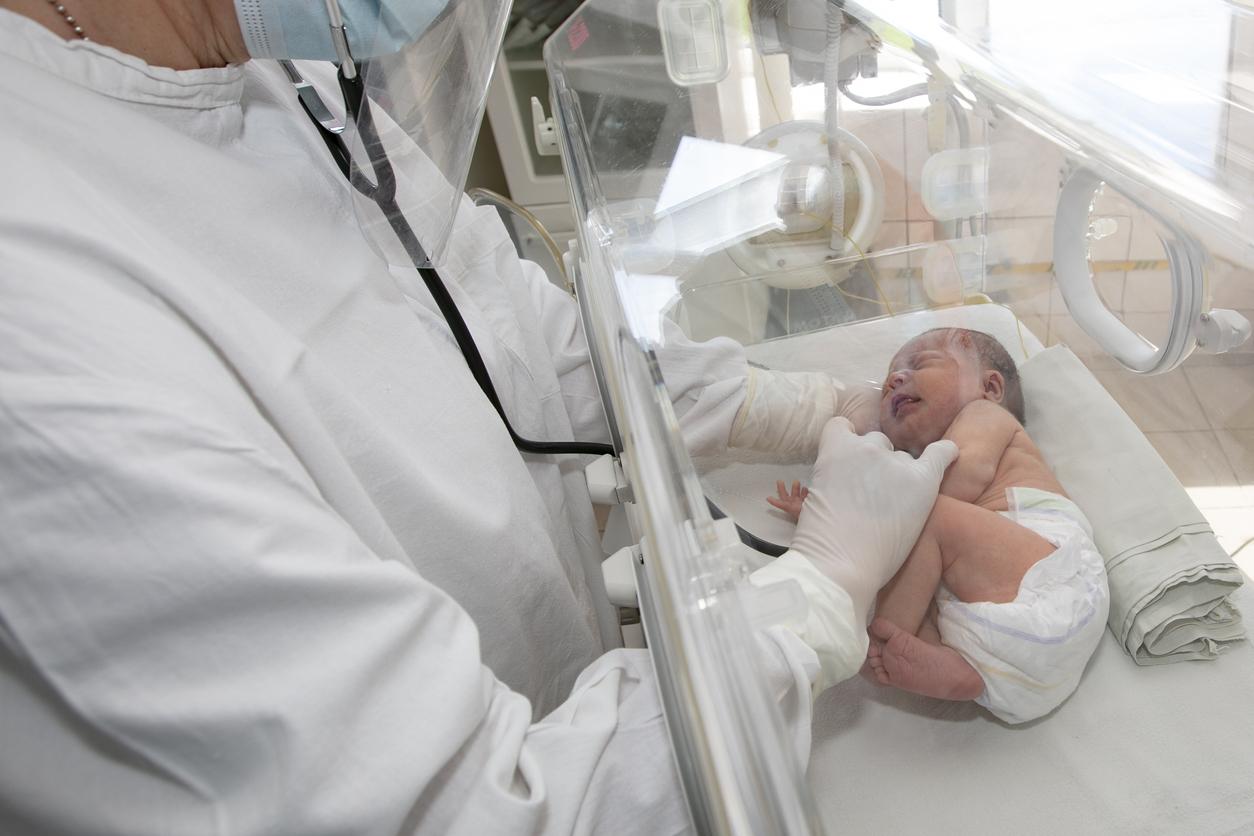Premature babies are exposed to too high levels of a chemical that is potentially harmful to their health, according to the results of a study published in the medical journal The Journal of Perinatology. Medical equipment used in neonatology does indeed contain high levels of DEHP.
Researchers at the Johns Hopkins Bloomberg School of Public Health in Baltimore, United States, calculated the potential exposure of premature babies to DEHP.
The phthalates (DEHP) are used to make plastics more flexible. They are found in medical equipment such as breathing tubes, IVs, blood bags, and catheters.
The results of the study revealed that premature babies placed in an incubator were exposed to 16mg of DEHP per kilogram. A rate 4000 times higher than the threshold recommended by the health authorities.
Premature babies are cared for in an environment that is exclusively plastic and too rich in phthalates. “PVC is the predominant flexible plastic in most neonatal intensive care units, which can lead to considerable DEHP exposure during intensive care,” says Dr. Eric Mallow, neonatologist and study co-author. .
Yet scientific studies have shown that DEHP has harmful effects on the development and function of the eyes, brain and lungs in animals. They could also be responsible for birth defects and increase the risk ofinfertility.
“You have to consider the materials you use when caring for very small, extremely vulnerable patients,” says the researcher.
“Any risk to the health and safety of these very fragile babies created by medical products is a potential problem. Based on the findings of this study, we recommend that further research be carried out, ”he added.
In July 2015, France will be the first country to ban the use of tubes containing DEHP in neonatology, pediatrics, and in maternity units.
Read also :
Premature childbirth: the signs that should alert
Phthalates increase the risk of premature births
















